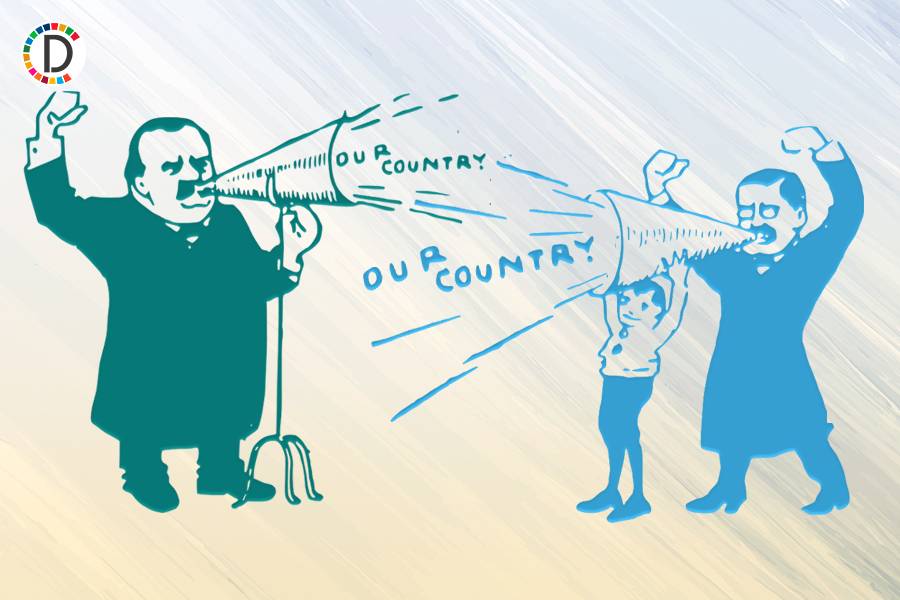Trump's Executive Order Takes Aim at Prescription Drug Prices
President Trump signed an executive order demanding pharmaceutical companies lower U.S. prescription drug prices to align with international rates. The move aims to resolve inequities faced by Americans paying more for medications compared to other countries. Legal and implementation challenges may hinder the order's impact.

On Monday, U.S. President Donald Trump issued a sweeping executive order mandating that drug manufacturers reduce prescription drug prices to match those paid in other countries. Trump's administration plans to provide drugmakers with specific price targets within a month. Failure to achieve these targets might prompt regulatory measures or allow the importation of medicines, though experts caution that such efforts could face numerous hurdles.
Throughout his presidency, Trump has consistently criticized the pharmaceutical industry for exorbitant drug prices and accused other wealthy nations of benefiting from U.S. pharmaceutical advancements. During his 2024 presidential campaign, he reiterated his commitment to addressing these pricing injustices.
However, experts warn that implementing these changes may prove challenging. Not only do drug prices vary globally, but the process may face legal challenges as it could exceed certain U.S. legal restrictions. Additionally, the pharmaceutical industry, represented by groups including PhRMA, has voiced strong opposition, citing potential damage to small and mid-sized biotech companies.
(With inputs from agencies.)
ALSO READ
Oxygen Deprivation Causes Fatal Cessna Crash: The U.S. Military's Swift Response
Trump Open to Direct Talks with Xi on U.S.-China Trade Deal
Global Markets React to U.S. Inflation and Trade Wars
Market Rebounds Amid U.S. Trade Deliberations: A Global Outlook
U.S. Dollar Steadies Amid Trade Tension Improvements and Inflation Insights









